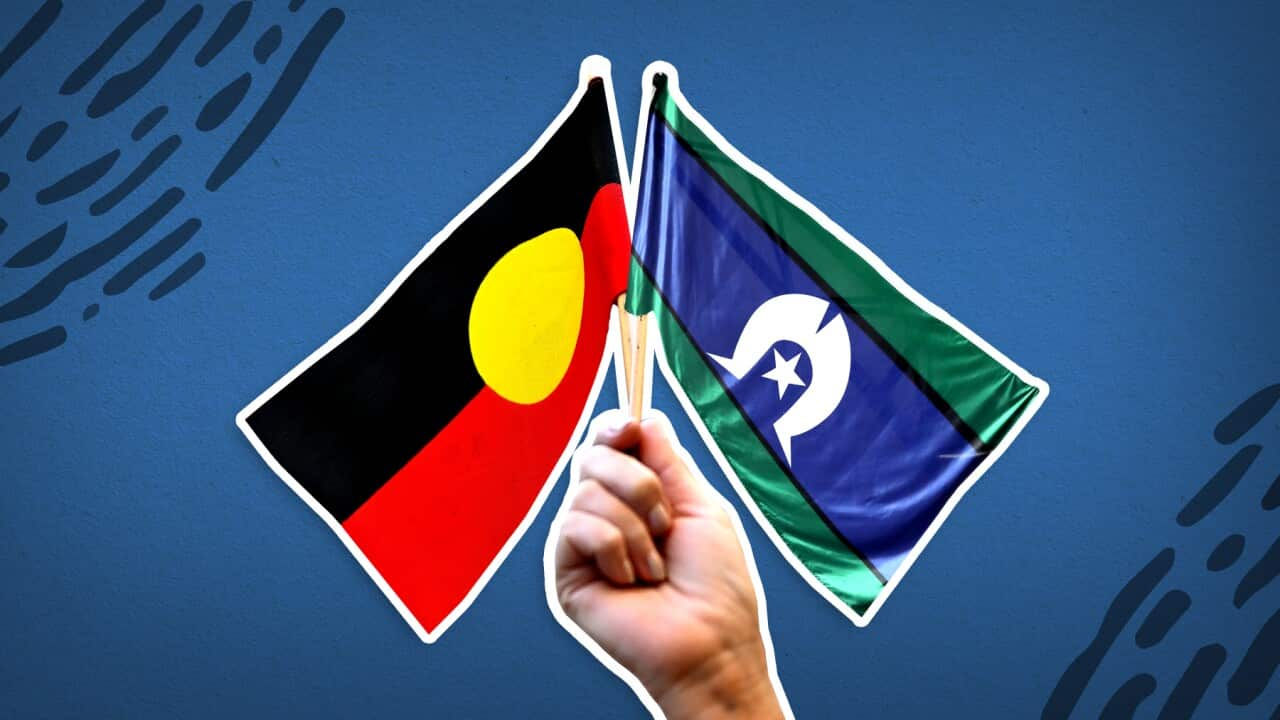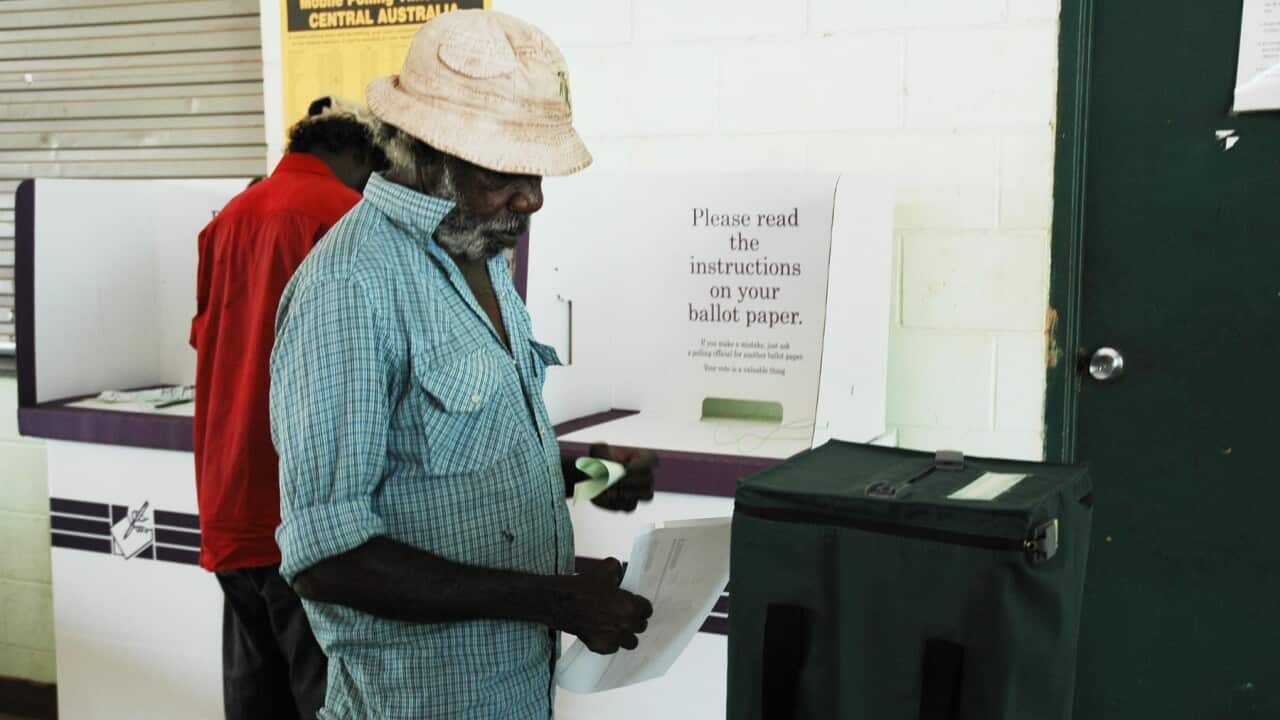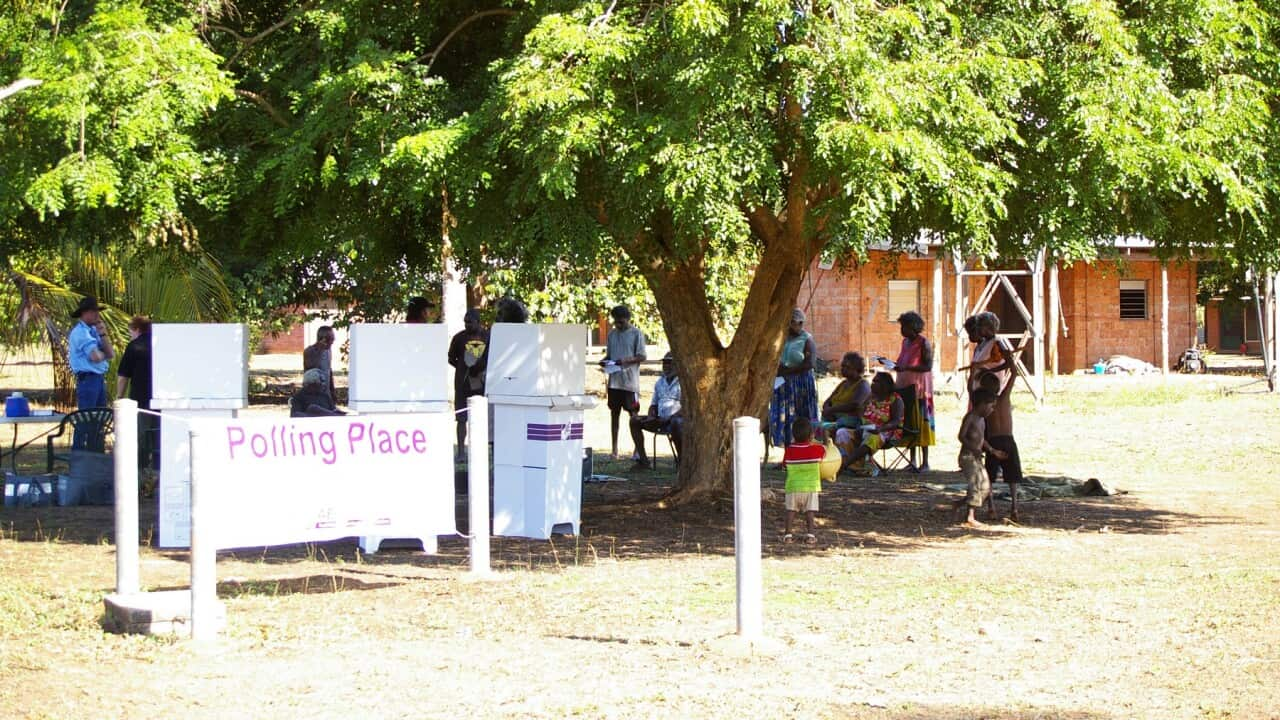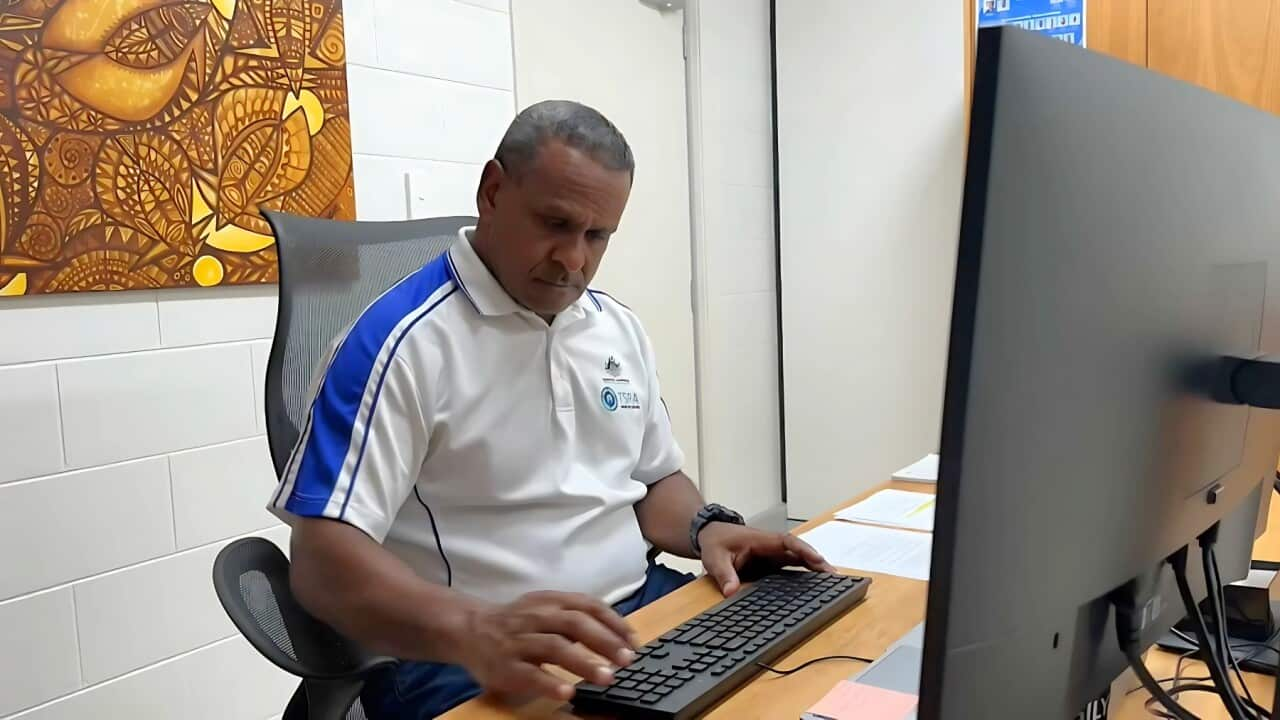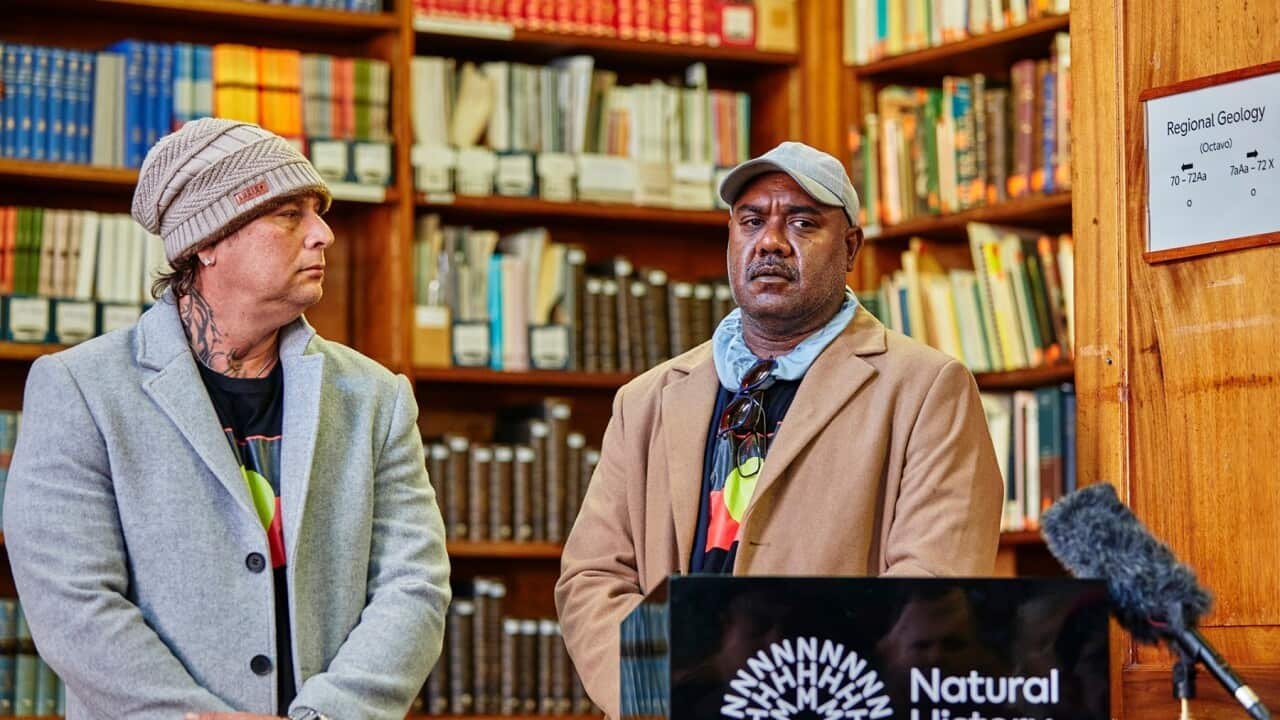TRANSCRIPT
Sombre poll numbers for the 'Yes' vote in the Indigenous Voice to Parliament referendum hasn't stopped campaigners in Shepparton, as those in support host a festival promoting the voice. The city, located on the floodplain of the Goulburn River in northern Victoria, has brought Indigenous musicians together for a 'Now and Forever' voice concert.
Prime Minister Anthony Albanese attended with a strong message in support of the voice.
"We have eight days to make the greatest country on Earth just that little bit greater. This is about just two things. First, recognizing the great privilege that non Indigenous Australians have of sharing this continent of ours with the oldest continuous culture on earth. And the second is honoring the form of recognition that we have been graciously requested to give."
Indigenous musicians courted community love for constitutional change and an Indigenous Voice to the Parliament.
Well known Yorta Yorta rapper Briggs has released a new song in support of the Voice. He says 80 per cent of Indigenous people want a Voice to Parliament.
"We want to show the rest of the country what yes can look like, you know, what our vision, our collective vision together. We got artists standing in solidarity with each other. We got the three biggest promoters in the country, traditional competitors, working together for this collective vision as well there's people believe in it. And I feel like that's why it's important. We want to show people."
Briggs has found further popularity on social media for dispelling misinformation about the vote - a message which has been picked up by Maori filmmaker Taika Waititi and amplified by blockbuster Hollywood actor Jason Momoa.
The international star of Indigenous Polynesian descent has spread the word to his 17 million followers.
But the 'No' campaign has appeared unaffected by the starpower - as former Prime Minister Tony Abbott campaigns with Leading No campaigner Warren Mundine.
Mr Abbott with the message that this decision is permanent.
"This matters even more than an election, because you can change a bad government you can change a bad law. If you make a big mistake with the Constitution you're stuck with it almost forever. So this really matters. As I've been saying, from the very beginning. This voice is wrong. In principle, it would be bad in practice. We all want to do the right thing by the Aboriginal people of Australia. But as Warren says, that means we've got to get the kids to school adults to work the community safe and try to ensure that Aboriginal people are proud members of the Australian mainstream media."
As the pair campaigned against the voice in Sydney and joined hundreds of thousands in casting an early ballot, it was clear tensions are rising in the lead up to the vote on both sides of the issue.
Prime Minister Anthony Albanese has been looking to improve diaspora community connections at the Lakemba Mosque in Sydney.
He told SBS Arabic he's taking a targeted approach to the campaign.
"This community is very generous and cares about the disadvantaged, cares about inequality. And what this referendum is about is getting better results for the first Australians so that they too, have an opportunity of a better life for themselves and their children."
When questioned about how the government plans to tackle hate speech and extremism, the Prime Minister explained there will be a zero tolerance approach.
"Hate speech is always wrong, the rise of some people associated with neo nazis is un-australian. The government will continue to call out that action while we make sure we're promoting not just tolerance but respect for all individuals and all groups in our great multicultural society."
Meanwhile, a day after making public a racially violent extremist video threatening her, Senator Lidia Thorpe has vowed to continue her no vote campaign.
At the core of the no campaign message is the concern an Indigenous Voice to Parliament is racially divisive for the nation.
That's something one of the most senior legal minds in the country, Former High Court Chief Justice Robert French, is seeking to dispel.
"It has been argued that the Voice will entrench a race based division in the Constitution. The Voice is not a race based institution. It wouldn't matter whether Aboriginal and Torres Strait Islander peoples were one race, or dozens of different races. At Federation there were hundreds of different Aboriginal languages spoken across Australia. The unifying characteristic, which underpins the voice is their history as First Peoples."
But this proposal remains the most divisive national debate Australia has faced for many years.
